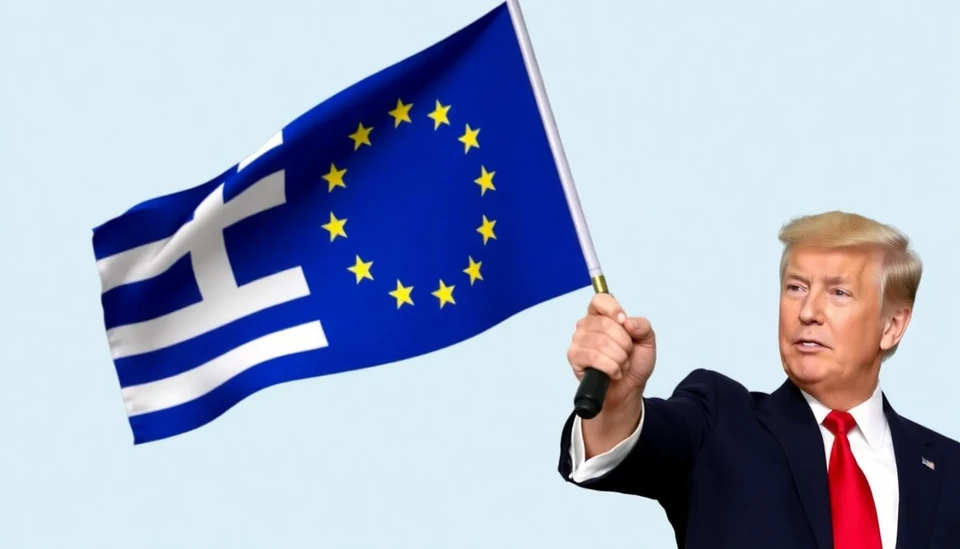
In a recent statement, Greek Prime Minister Kyriakos Mitsotakis emphasized the urgent need for Europe to establish a more robust autonomy in response to the prospect of Donald Trump returning to the presidency in the United States. Mitsotakis, addressing the complexities of international relations and the shifting political landscape, suggested that Europe must prepare itself to handle geopolitical challenges independently, particularly in light of Trump's controversial policies that previously strained transatlantic ties.
During a press briefing, Mitsotakis expressed his concerns, highlighting that the unpredictability of U.S. foreign policy under Trump could force European nations to reassess their strategies regarding defense, trade, and diplomatic relations. He noted that the lessons learned from the Trump era should catalyze a reassessment of Europe's strategic importance and self-reliance, especially within the framework of NATO and in dealings with historical allies.
The Greek leader underscored the necessity for Europe to enhance its decision-making capabilities and strengthen its geopolitical position. This call for autonomy hints at a broader theme resonating within various EU member states, advocating for a shift away from dependency on U.S. leadership and a push towards a more cohesive European foreign policy. Mitsotakis pointed out that Europe’s response to global crises, including regional conflicts and economic instability, must be unified and resilient, rather than reactive to the whims of American leadership.
Furthermore, Mitsotakis's remarks come at a critical juncture, as Europe faces pressing issues including climate change, security threats from neighboring regions, and economic instability. He argued that without a reliable and autonomous strategic approach, Europe risks being sidelined in global affairs. This stance reflects a growing sentiment among various leaders in Europe, indicating a desire for a stronger, more independent voice on the global stage.
As Europe navigates this complex political landscape, the call for autonomy resonates not just within Greece but across the entire continent. Experts and political analysts are closely monitoring how this shift might manifest in the European Union’s foreign policy and defense protocols moving forward. The notion that Europe should gear up to handle its affairs more independently suggests a transformative moment in international relations, reigniting discussions about the EU's future role in global governance.
In conclusion, as global dynamics continue to evolve and uncertainty looms over U.S. politics, the message from Greece stands as a clarion call for European nations to pursue greater autonomy and strategic coherence. The dialogue surrounding this development is just beginning and promises to be a pivotal topic in future political discourse across Europe.
#EuropeanAutonomy #KyriakosMitsotakis #Trump2024 #EUPolitics #GlobalGeopolitics #Greece #NATO #TransatlanticRelations
Author: Laura Mitchell




